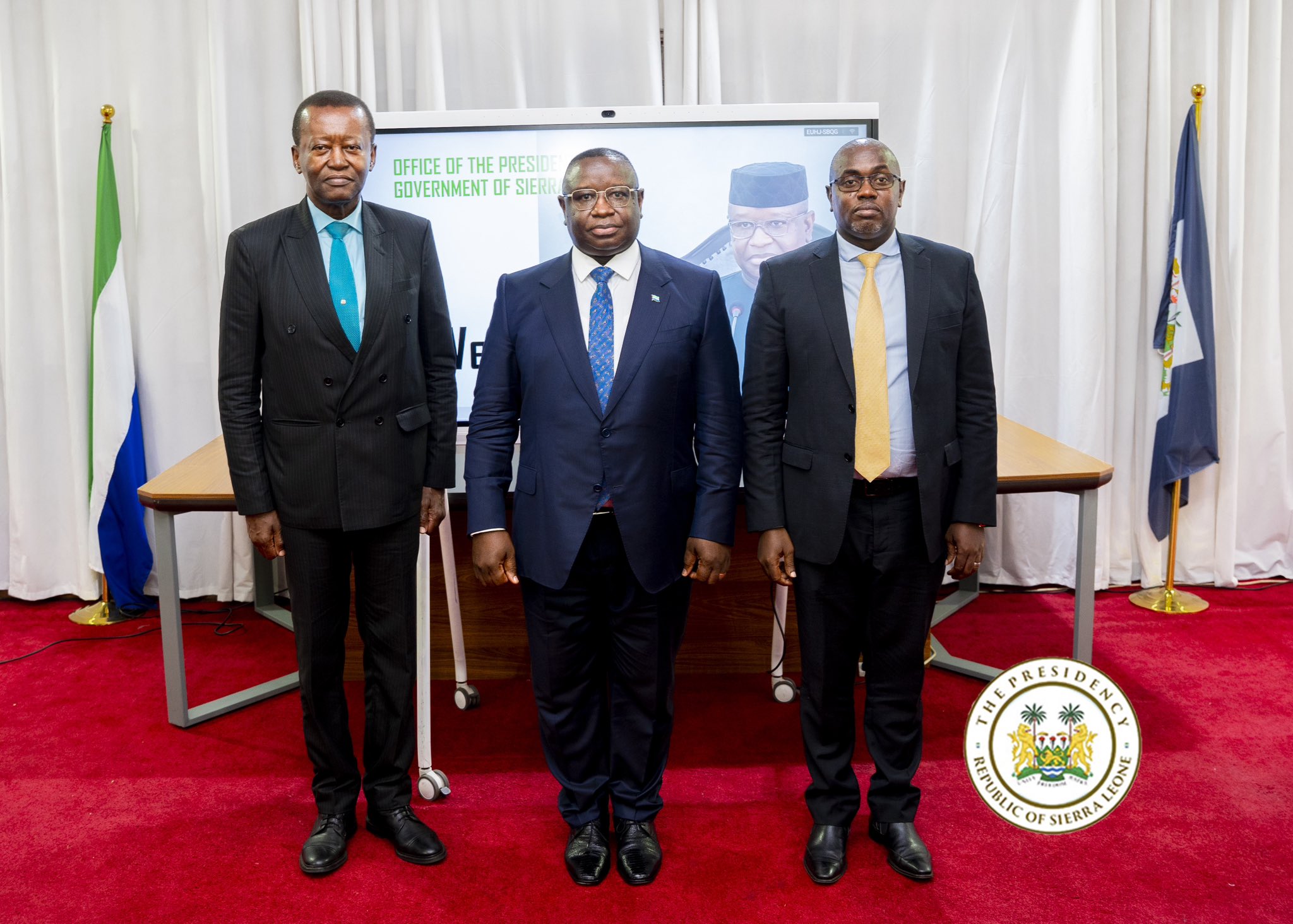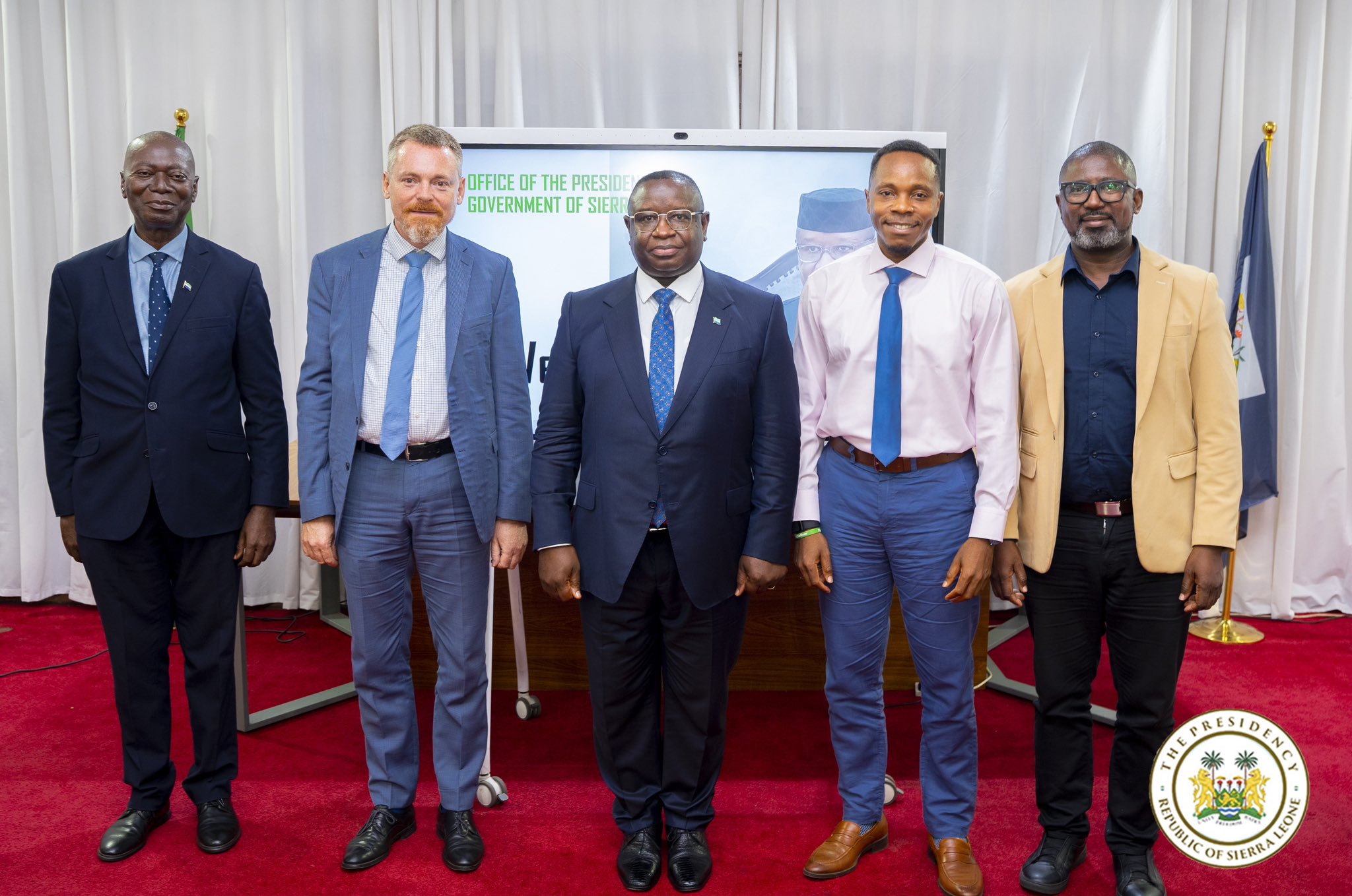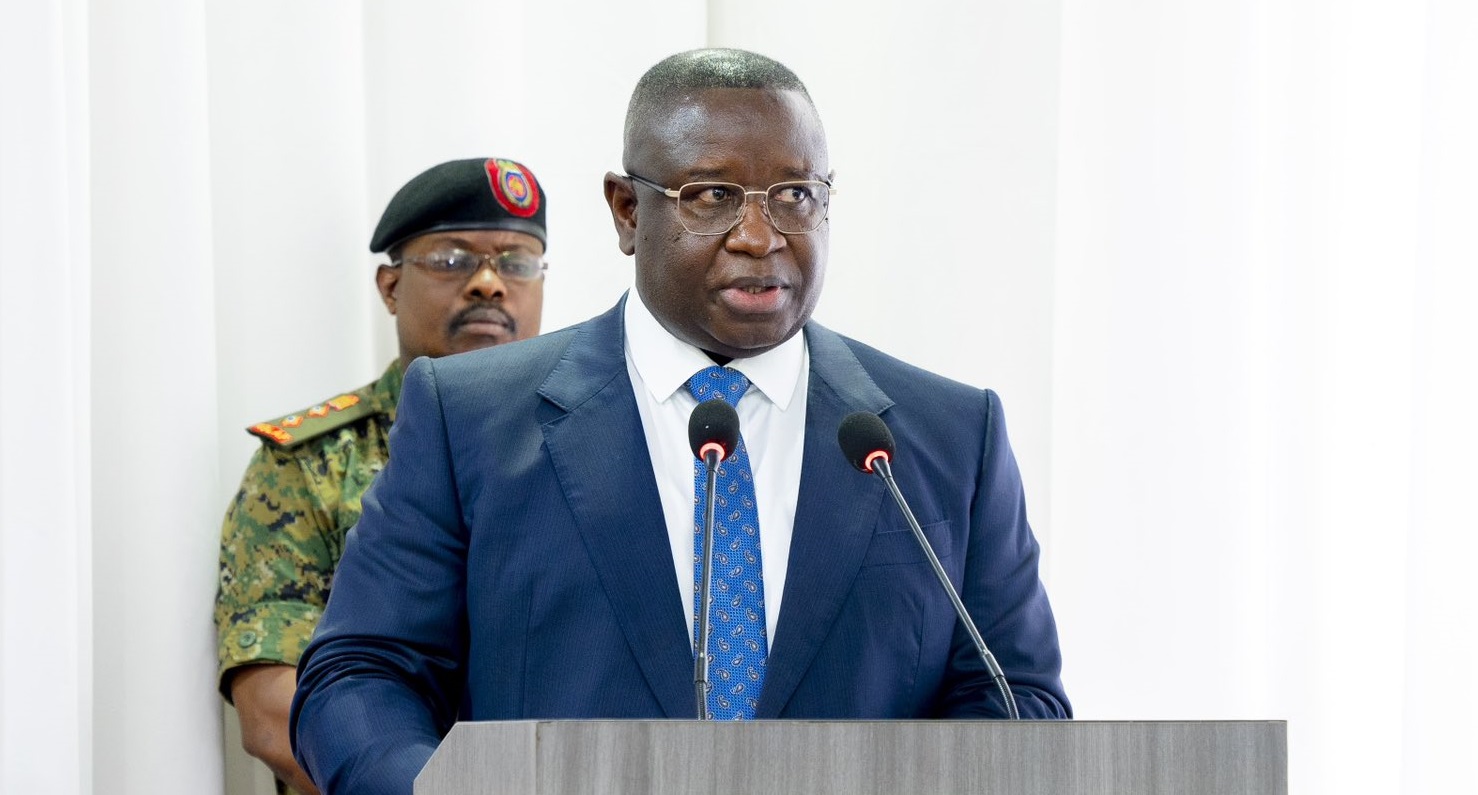President Dr Julius Maada Bio has presented achievements by the Sierra Leone People’s Party, SLPP, government in the first 360 days in office. The achievement, titled “Consolidating the Gains: A 360-Day Accelerated Delivery”, captures gains made in the three arms of government – the Legislature, the Judiciary, and the Executive – from June 2023 to June 2024.
Speaker of Parliament, Rtd. Hon. Segepoh Solomon Thomas, revealed that in just about a year as a Parliament, they had 149 Members of Parliament, MPs, of whom 135 were directly elected from the country’s 16 districts, while 14 were paramount chiefs elected from the fourteen rural districts. He said of the 135 directly elected MPs, 81 were of the governing SLPP, and 54 were of the main opposition All People’s Congress, APC, adding that out of the total of 149 MPs, 42 were women, representing a total of 30.4 percent.
The Speaker said since its first in July 2023, the Parliament had had 57 plenary sittings during which they had enacted 7 critical bills, 12 statutory and constitutional instruments, ratified 13 rules, grants, and agreements, 4 protocols, conventions, and treaties, and approved 144 presidential nominees.
The country’s Acting Chief Justice, Hon. Justice Nicholas Colin Browne-Marke, thanked the President for his consideration to appoint him to serve in that capacity. He informed that since he took over office to date, there had been a lot of reforms in the judiciary, from training to the appointment of new court officials and speedy trial of cases.
The Chief Justice reminded of two big achievements the court had recorded in the past 30 days, including the hosting of the Legal Legacy of the Special Court of Sierra Leone and the hosting of the ECOWAS Court’s Conference in Sierra Leone, with support from President Bio.

Chief Minister, Dr David Moinina Sengeh, revealed that government’s flagship programme, the Feed Salone Initiative, had received an increased budgetary allocation and additional support from the government, donors, and international partners, especially for farmers through the Bank of Sierra Leone to increase productivity.
He also informed the public of the construction of six new peripheral health units, the installation of 12 oxygen plants, the establishment of the National Public Health Agency, the construction of a peadiatric hospital, reduction in maternal mortality, and the employment of more health practitioners nationwide.
Civil Society Representative and Executive Director of Institute for Governance Reform, Andrew Lavalie, described the exercise as an effort-making event by the government to give account of their stewardship to the people of Sierra Leone, confirming that “this is the first time in the history of this country that the government is making performance contracts open.
He said there were 536 promises made by the government before the election, of which 79 percent were almost completed. He emphasised that, even if all the promises were completed, they were not transformative enough to transform the country.

Mr. Lavalie called on the government to note that, “while we celebrate the gains today, we are interested in knowing exactly what we lost as a nation in the last 360 days as a result of unrest. Our schools were closed, health centres were not accessible, markets were closed, and the government did not function properly”.
President Julius Maada Bio thanked his ministers, the judiciary, and the legislative arm of government as well as development partners, the civil society, and the media, for attending the event. He pointed out that it was indeed a pleasure to have them witness his government’s governance accountability programme, and that he was more than happy to also share the little they had done in 360 days.
The President said that peace and political stability were paramount to his government, stating that the gains were made in one year, of which two months were taken by COVID-19 and the political saga. He acknowledged that sometimes a lot of people would not understand why he embarked on a difficult journey of human capital development without money, but noted that, with constant engagement, they would understand.
He assured that he would restrain his government from interfering in the work and operations of the legislative and judiciary, pointing out that “our model of human capital development is the best way to sustainable development for our country and our people. This is the first time we are presenting our gains. Be assured that we will make it better and more open to the public in future”.












Can someone please explain to me what are the achievements? Because am lost here. Thanks.
Can someone please explain to me what are the achievements? Because am lost here. Thanks.
Nor to you wan. En norbody nor go able because na nonsense this. His main “achievement”, stealing elections and robbing our people of their democratic rights, he forgot to mention. Legitimate governments do not put on a big show to talk about one year achievements because that is a very short time. So, why is this illegitimate government putting on this show? The country and our people are worse of than a year ago.
See who’s talking about stealing elections. I am laughing my lungs out. The APC has stolen elections twice in Sierra Leone with the connivance of that useless Christiana Thorpe. In the first instance, she cancelled over 200 polling stations in the South East and announced that thief called Ernest Bai Koroma as winner. In the second instance she declared the same thieving Ernest Bai Koroma as winner while counting was still in progress in the South East. And she calls herself an ex-monk of the Roman Catholic Church. Little wonder the idiot was expelled from the monastery because she was in the wrong vocation. She is a very corrupt woman, and a prostitute with no moral values.
In the first instance, Solomon Berewa did not ask the SLPP supporters to jump unto the streets and cause mayhem.
Even in the second instance when she said Brigadier Julius Maada Bio should ” go to the police, ” SLPP supporters did not stage an uprising. Instead, Brigadier Bio being a patriotic citizen took the case to court. The APC manipulated the corrupt judiciary to have the case thrown out of court.
And here is the dysfunctional, disorganised, useless and corrupt APC party and its stupid, senseless and illiterate supporters jumping all over the place like lunatics crying foul over nothing. Now I understand why the country’s security personnel kill the APC hooligans like stray dogs.